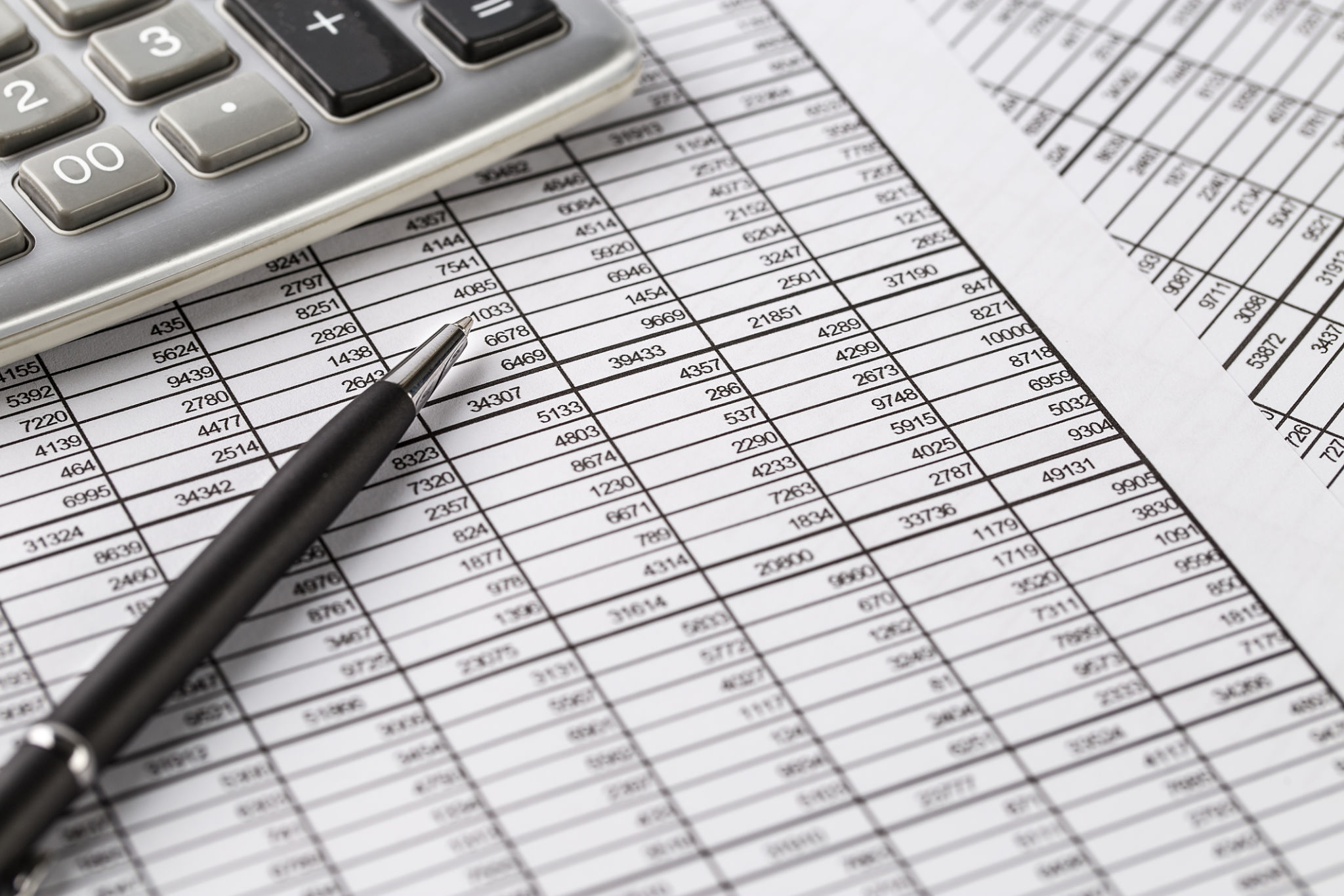Essential Tips for Tax Preparation in Thailand
Understanding the Thai Tax System
Tax preparation in Thailand can be a daunting task, especially for those unfamiliar with the local regulations. The Thai tax system includes multiple types of taxes, such as personal income tax, corporate income tax, and value-added tax (VAT). Each of these has its own set of rules and rates, which can vary depending on several factors like residency status and type of business.

Determine Your Tax Residency Status
One of the first steps in tax preparation is determining your residency status. In Thailand, you are considered a tax resident if you stay in the country for 180 days or more within a tax year. Tax residents are required to pay taxes on their worldwide income, while non-residents only need to pay taxes on their income sourced within Thailand.
Organize Your Financial Documents
Being organized is crucial for efficient tax preparation. Start by gathering all necessary financial documents, such as bank statements, receipts, invoices, and any previous tax returns. Keeping these documents organized will make it easier to fill out tax forms and ensure you claim all eligible deductions and credits.

Understand Deductions and Tax Credits
Thailand offers various deductions and credits that can significantly reduce your tax liability. Common deductions include personal allowances, contributions to provident funds, and expenses related to education and health. It's essential to familiarize yourself with these options and ensure you have the documentation needed to support your claims.
Use Online Resources and Tools
There are numerous online resources available to assist with tax preparation in Thailand. The Revenue Department's website offers guidelines and tools to help individuals and businesses understand their tax obligations. Additionally, several online calculators can help estimate your tax liability based on your income and expenses.

Consider Professional Assistance
If the process seems overwhelming or if your financial situation is complex, it might be wise to consult with a tax professional. A qualified accountant or tax consultant can provide personalized advice, ensure compliance with Thai tax laws, and help you optimize your tax strategy.
Stay Updated on Tax Laws
Tax laws in Thailand can change frequently, impacting how you prepare your taxes. It's crucial to stay informed about any updates or amendments to the tax code that may affect your financial planning. Subscribing to newsletters from reputable financial news sources or consulting regularly with a tax professional can help you keep abreast of changes.
File Your Taxes on Time
Meeting deadlines is essential to avoid any penalties or interest charges. In Thailand, the deadline for filing personal income tax returns is March 31st of each year. Ensure all documents are in order and submit your return before the deadline to avoid unnecessary complications.

Review Your Return Carefully
Before submitting your tax return, double-check all the information for accuracy. Mistakes or omissions can lead to delays or even audits. Reviewing your return thoroughly ensures that all income is reported correctly and that you have claimed all allowable deductions and credits.
By following these essential tips for tax preparation in Thailand, you can streamline the process, minimize stress, and potentially reduce your tax liability. Whether you're navigating personal or business taxes, a little preparation goes a long way toward achieving financial peace of mind.
